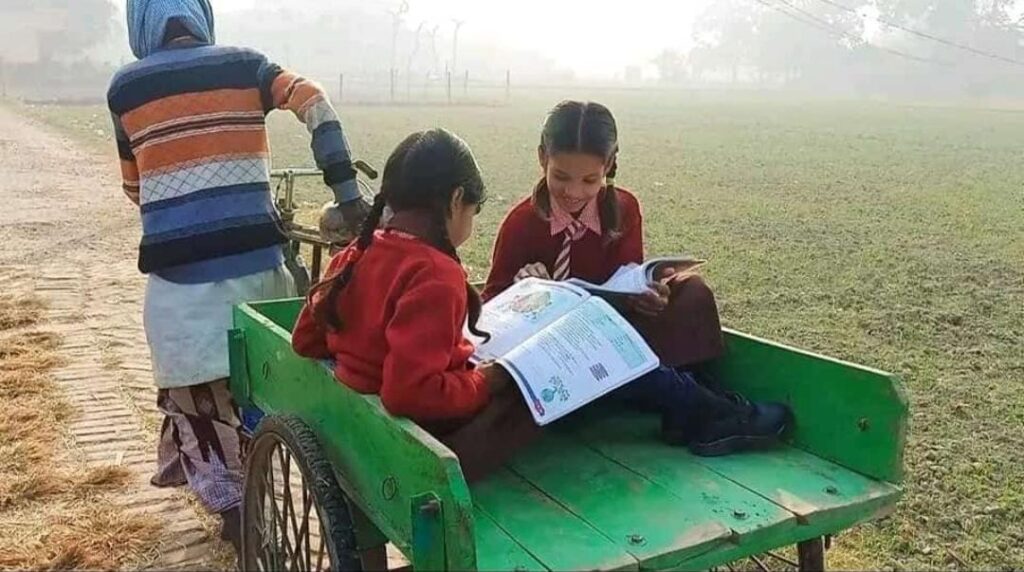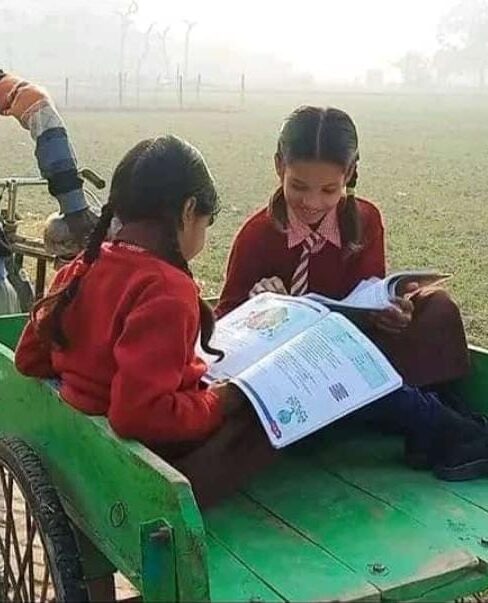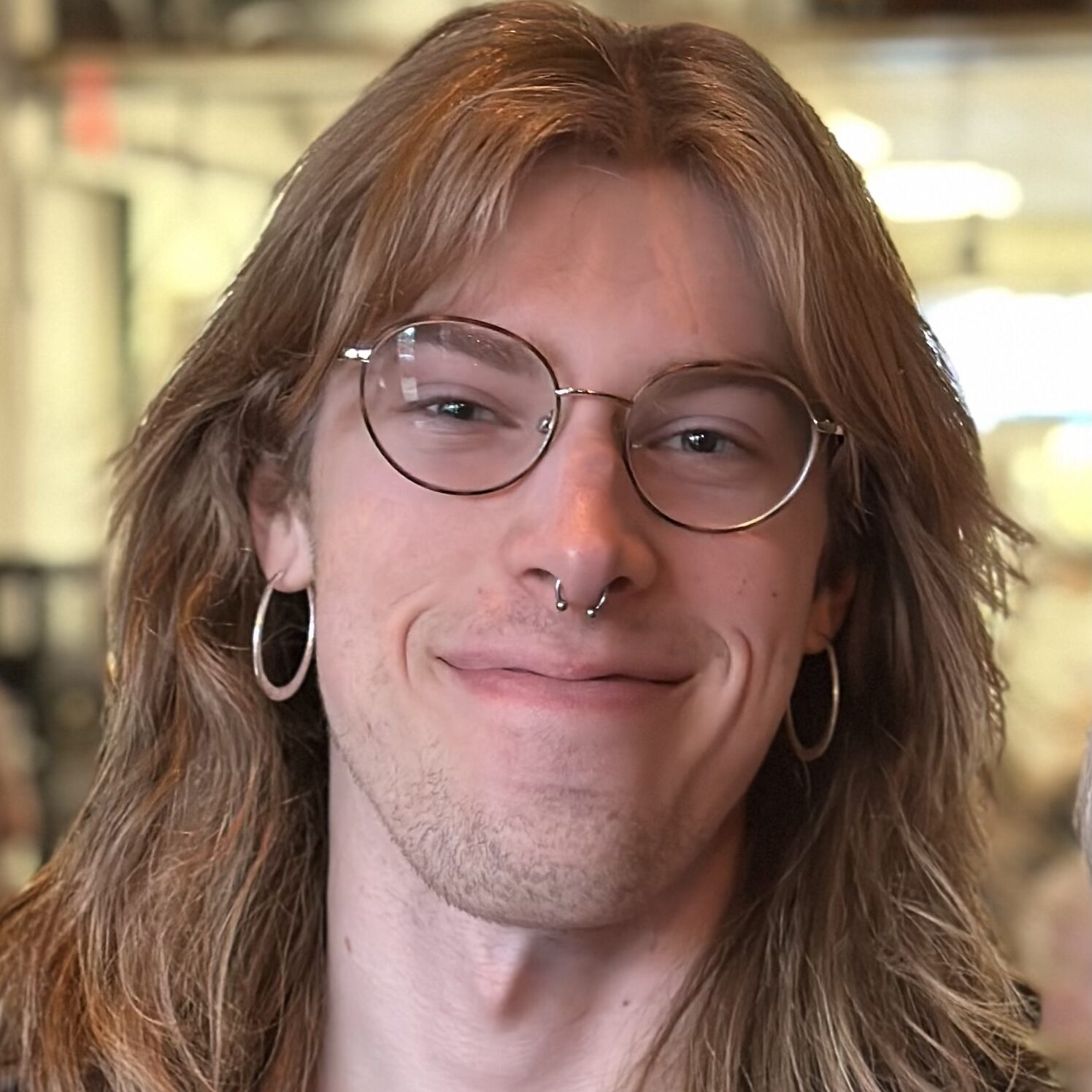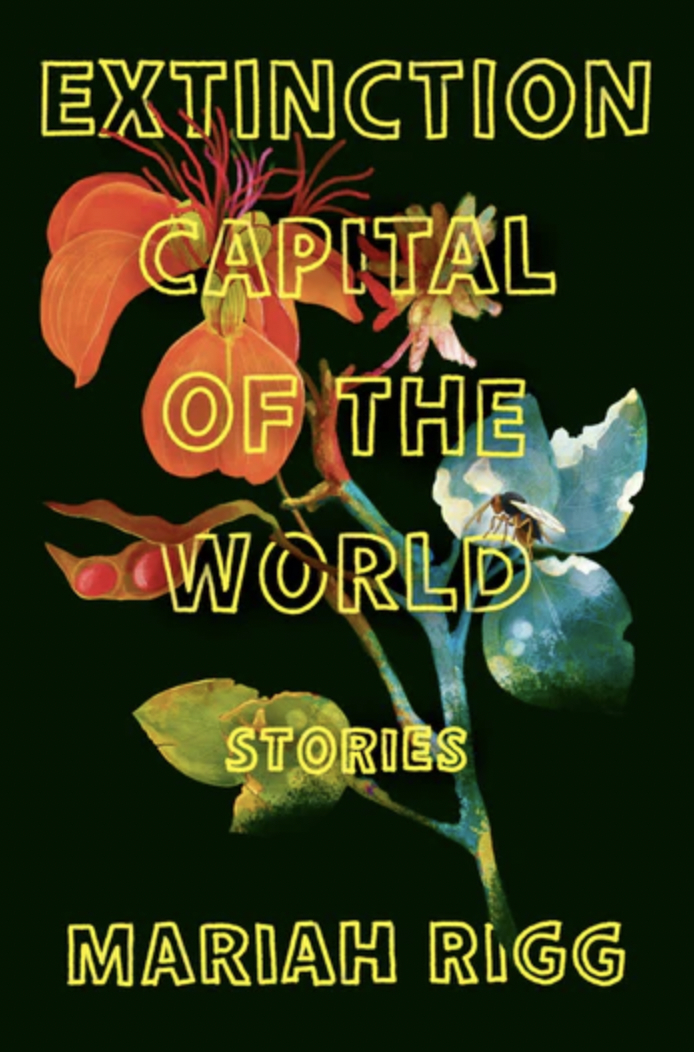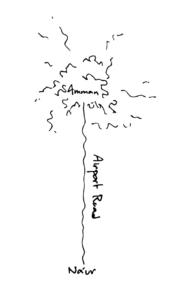(Amherst, Mass.) — Award-winning, international literary journal The Common announced today that Aidan Cooper ‘26 will be the third recipient of the David Applefield ’78 Fellowship. The fellowship, the magazine’s first endowed student internship, was established in 2022 by a group of friends and family of David Applefield, a literary polymath who attended Amherst College and founded Frank, an eclectic English-language literary magazine based in Paris.
The David Applefield ’78 Fellowship funds one student intern annually who possesses exceptional editorial and leadership skills to work alongside the magazine’s other student interns and magazine staff on editorial and promotional assignments. Among other responsibilities, the Applefield Fellow coordinates the Weekly Writes Accountability program, leads the Level I section of the Young Writers Program for high school students, and provides research and production support for podcasts. In addition, the Applefield Fellow trains and mentors other interns, and organizes events for the Amherst College community.

Aidan Cooper ‘26 enters the role following a year as an editorial assistant. They’re the acting President of Amherst College’s Poetry Club, Editor-in-Chief of The Lilac magazine, and a bearer of various literary positions around the college and beyond. They’re in the midst of many writing projects, from a research paper on early modern horsemanship and mercantilism begun at the Folger Shakespeare Library, to an English thesis on nothingness in avant-garde poetry.
Cooper thanks the more than fifty friends, classmates, and family members of David Applefield who contributed to the fellowship fund for their generosity and trust, as well as the magazine’s staff for their mentorship. “The Common, through its mission and care, champions such a worldly and passionate writing community,” Cooper said, “and I’m so thankful to immerse myself in it.”
